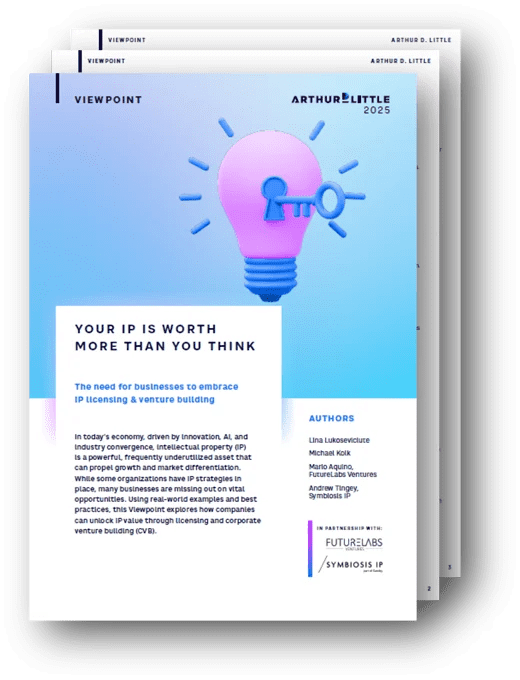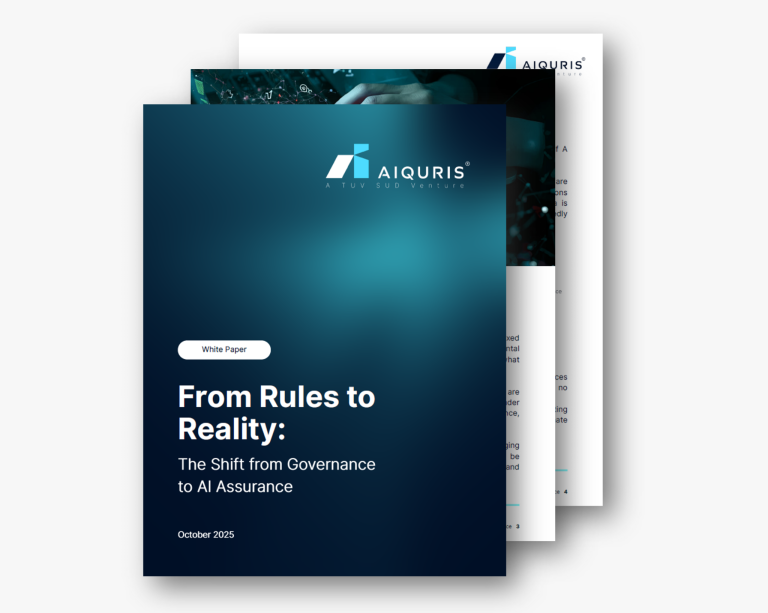AI systems are now a top priority for many organisations. They’re crucial for tasks like fraud detection, predictive maintenance, and creating personalised customer experiences. However, these benefits come with risks that you must address early to avoid serious issues. That’s why an AI risk management framework is essential.
A key part of this framework is the AI risk profile. This profile evaluates six critical pillars: Safety, Security, Legal, Ethics, Performance, and Sustainability. By identifying potential threats and associated risks, organisations can effectively prioritise their mitigation efforts. This ensures AI systems remain compliant with regulations, align with organisational goals, and achieve business objectives confidently. This blog explores these six crucial pillars.
Six Key Areas of an AI Risk Profile
1. Safety: Does your AI system have the potential to harm anyone or anything, either directly or indirectly? Identifying safety risks is crucial to prevent physical harm or detrimental outcomes. For instance, Tesla is currently under investigation regarding safety concerns with its Autopilot feature. This follows reports of hundreds of collisions and 13 fatalities linked to its use. Robust safety mechanisms in AI systems are therefore critical to avoid such risks [1].
2. Security: Can your AI system resist cyber threats and AI-specific attacks while safeguarding sensitive data? AI systems face unique security challenges, including susceptibility to adversarial attacks that can manipulate outputs or compromise confidential data. For example, Slack AI can be tricked into leaking sensitive data from private channels through sophisticated prompt injection techniques. This allows attackers to manipulate the AI system into revealing confidential information without direct channel access[2].
3. Legal: Does your AI system comply with relevant laws and regulations? Non-compliance can lead to severe penalties. In 2022, the UK’s Information Commissioner’s Office fined Clearview AI £7.5 million for collecting facial recognition data without consent. This case highlights the financial and reputational risks of violating privacy laws[3].
4. Ethics: Does your AI system uphold fairness, transparency, and respect for all stakeholders? Ethical breaches can erode trust and cause significant harm. For instance, iTutorGroup’s recruiting AI discriminated against older applicants, resulting in a $365,000 fine and substantial reputational damage for the company. This example clearly highlights the consequences of unchecked bias in algorithms[4].
5. Performance: Does your AI system deliver on its intended purpose without compromising outcomes? Ensuring performance reliability reduces investment risks and maximises returns. Poorly performing systems not only waste resources but also undermine confidence in AI adoption. Several U.S. cities, for example, decided not to renew ShotSpotter, a gun detection technology, after spending tens of millions, due to concerns about its cost and effectiveness.[5]
6. Sustainability: Have you developed your AI system with sustainability in mind? This encompasses not only environmental sustainability but also the efficient, responsible use of organisational resources. Ultimately, it ensures long-term viability by balancing financial, operational, and environmental factors. Complex AI models often demand substantial energy, directly impacting sustainability. Microsoft’s commitment to carbon-neutral AI operations demonstrates how organisations can successfully align innovation with environmental responsibility[6].
Conclusion
AI risk management is pivotal for deploying responsible, future-proof systems. By building a comprehensive risk profile across these six critical pillars, Safety, Security, Legal, Ethics, Performance, and Sustainability, organisations can effectively identify and address potential threats and associated risks. This strong foundation enables targeted mitigation efforts, which in turn enhances compliance and ensures the ethical use of AI.
Crucially, proactive risk management is more than just a safeguard; it’s a strategic enabler for scaling AI responsibly.
As a leading AI risk and quality management platform provider, AIQURIS empowers organisations to adopt and scale AI with confidence. Each deployment receives support from a clear, structured risk profile covering these six key areas. If you’re planning to integrate an AI solution into your project or use case, consult an expert to learn how to conduct risk profiling for your AI initiatives.



